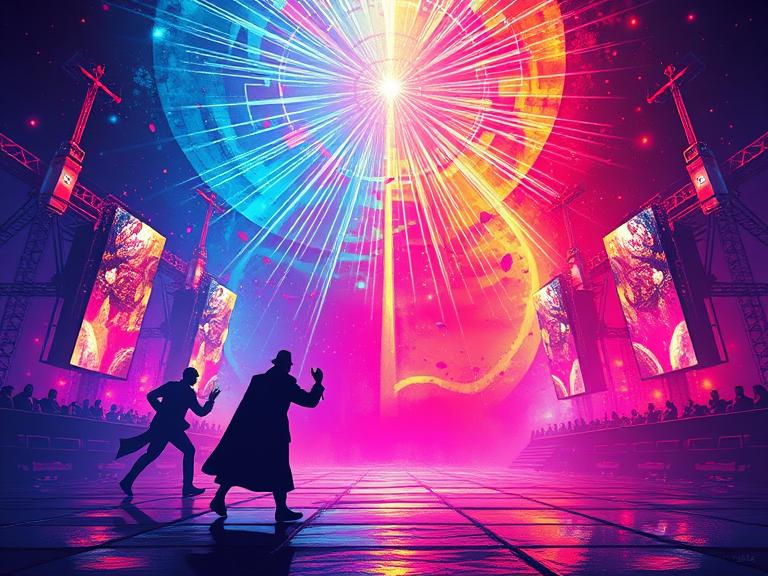A game’s ending shapes how players remember the entire experience. No matter how engaging the mechanics or narrative were, a poorly executed conclusion can overshadow everything that came before. Conversely, a strong ending can elevate an entire title and leave a lasting emotional imprint.
There are different types of endings: some offer finality, others ambiguity. Some give multiple outcomes based on choices, while others are fixed but emotionally powerful. What matters most is that the ending feels earned—a natural culmination of the player’s actions and the story’s arc.
In Red Dead Redemption 2, the ending delivers a complex emotional payoff. The fate of Arthur Morgan, shaped by player choices, provides a sense of consequence and resolution. In The Witcher 3, various epilogues reflect not just key decisions, but subtle behavioral cues throughout the journey.
Meanwhile, Mass Effect 3 faced controversy for presenting limited, ambiguous endings. Despite years of narrative build-up, many players felt that their choices didn’t truly matter. The backlash revealed just how deeply invested players had become—and how much they wanted closure.
A well-designed ending provides:
- Narrative and emotional resolution
- Reflection on themes and character arcs
- Impact from player agency (if applicable)
- A memorable final gameplay or visual sequence
- Space for interpretation, but not confusion
Endings matter because they are the last connection between player and game. They define what the game meant, and whether that meaning will linger or be forgotten.


Leave a Reply